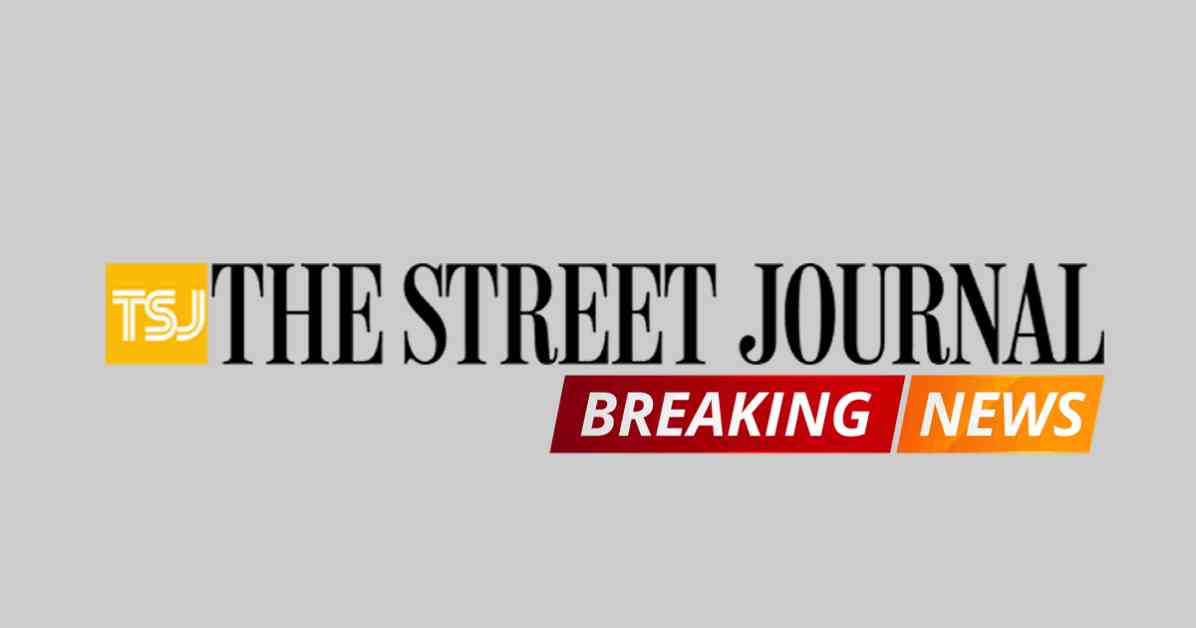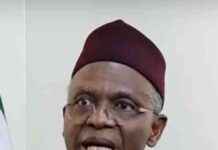Ukraine Faces Critical Moment Amid US Aid Freeze
On March 4, 2025, the world watched with bated breath as the United States announced a pause in military aid to Ukraine, a decision that sent shockwaves through the international community. As tensions escalated between Washington and Kyiv, the fate of a nation hung in the balance, with far-reaching implications for the ongoing conflict with Russia.
Impact of US Aid Freeze on Ukraine
Polish Prime Minister Donald Tusk’s revelation of the visible effects of the aid pause at the logistics hub, a vital lifeline for transferring weapons and humanitarian aid to Ukraine, underscored the immediate repercussions of this decision. However, military experts cautioned that the full impact of the absence of US aid might not be immediately felt on the battlefield, citing previous instances when delayed aid resulted in a lack of essential air defense systems to counter Russian attacks.
During a press conference in Kyiv, Ukrainian Prime Minister Denys Shmyhal emphasized the critical role of US-made Patriot air defense systems in safeguarding the nation against ballistic missile threats from Russia. Shmyhal acknowledged the risks associated with the suspension of aid, including challenges in repairs, maintenance, and ammunition supplies for the Patriots, the only defense system capable of repelling such attacks.
Despite the uncertainty surrounding the future of US military assistance, Ukrainian officials remained steadfast in their commitment to stand firm against potential Russian aggression. Mykhailo Podolyak, an aide to President Zelenskyy, highlighted Ukraine’s resilience in adapting to previous aid suspensions and exploring alternative solutions through commercial markets and diplomatic negotiations with European and American partners.
Reactions from Allies and Adversaries
Amidst the turmoil, Poland raised concerns over the lack of consultation by the Trump administration with NATO allies regarding the aid freeze, emphasizing the need for unified support in the face of escalating tensions in the region. Polish Prime Minister Donald Tusk echoed the sentiment that a sovereign and well-equipped Ukraine was essential for regional security and stability, underscoring the interconnectedness of international alliances in times of crisis.
Meanwhile, Russia’s unexpected endorsement of the US decision to halt military aid to Ukraine raised eyebrows, with Kremlin spokesman Dmitry Peskov suggesting that such a move could potentially pave the way for peace negotiations. The Kremlin’s stance, while surprising, hinted at a shift in the dynamics of the conflict and the complex web of geopolitical interests at play.
As European leaders gathered to discuss the situation in Ukraine, European Commission President Ursula von der Leyen unveiled a comprehensive plan to bolster the continent’s defense capabilities and provide immediate support to Ukraine. The proposal, aimed at mobilizing significant financial resources for a resilient Europe, reflected the EU’s commitment to assisting Ukraine in its time of need.
As tensions continued to mount, a Russian drone attack on the Ukrainian port city of Odesa resulted in widespread power outages and infrastructure damage, further escalating the humanitarian crisis in the region. The relentless assault underscored the urgent need for international solidarity and coordinated efforts to address the growing threat posed by Russian aggression.



























